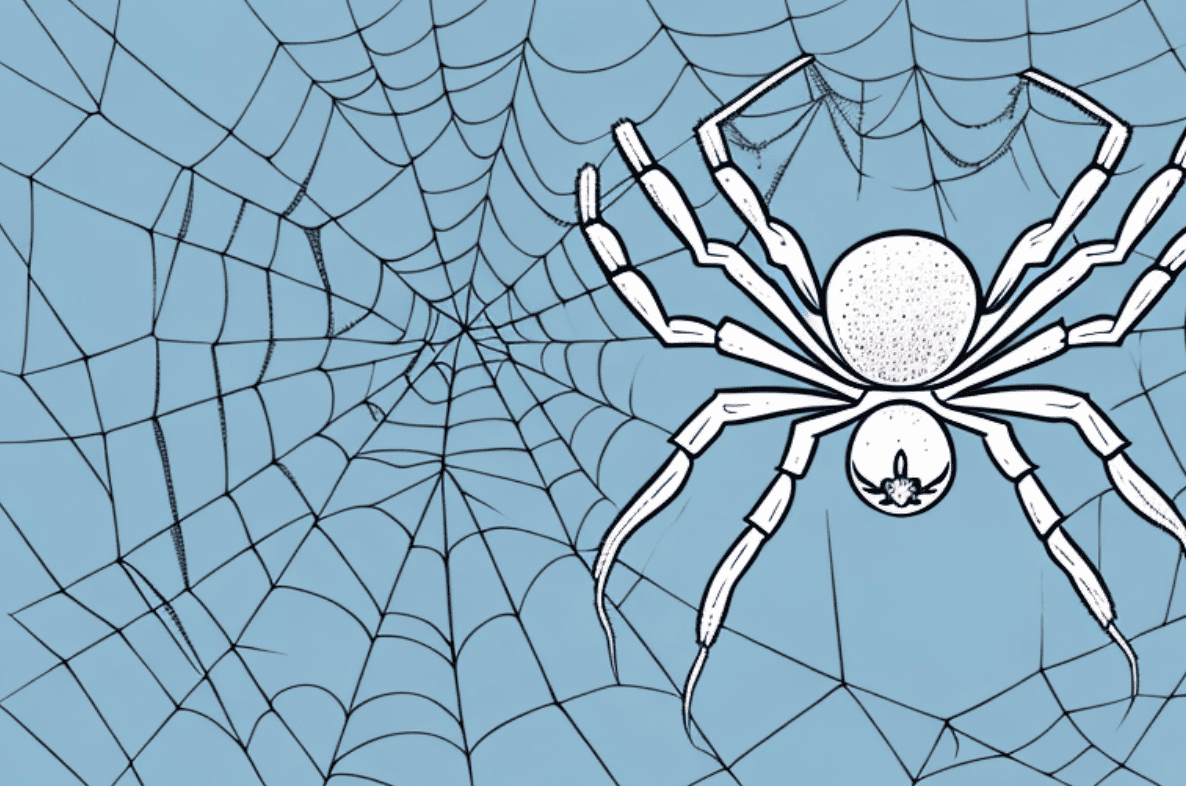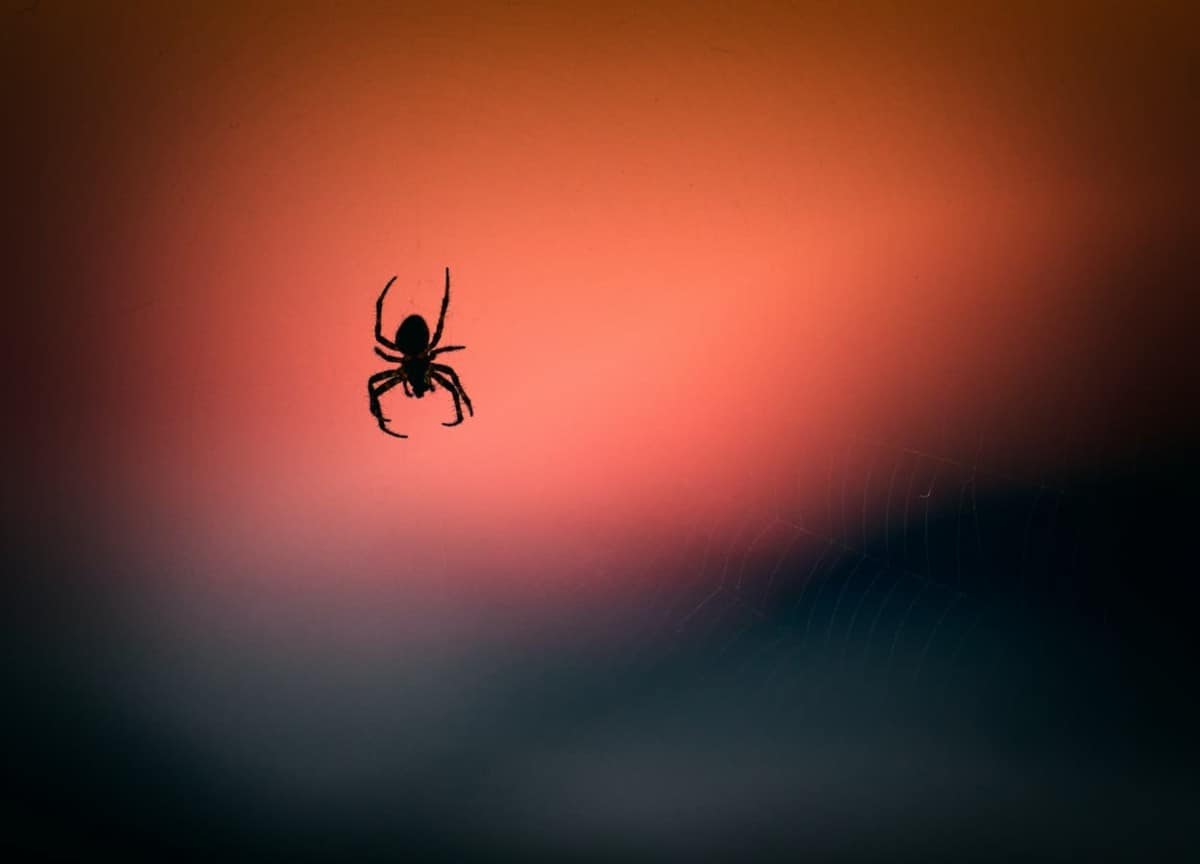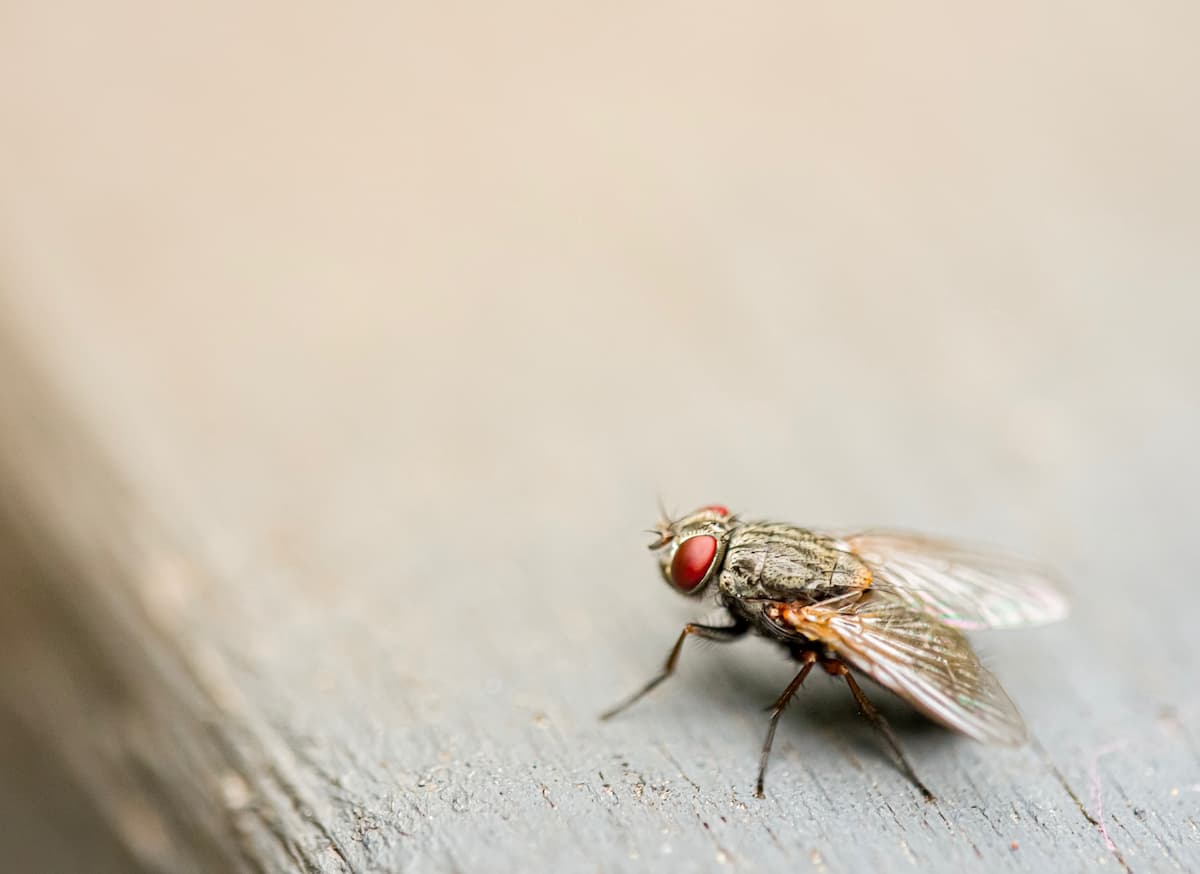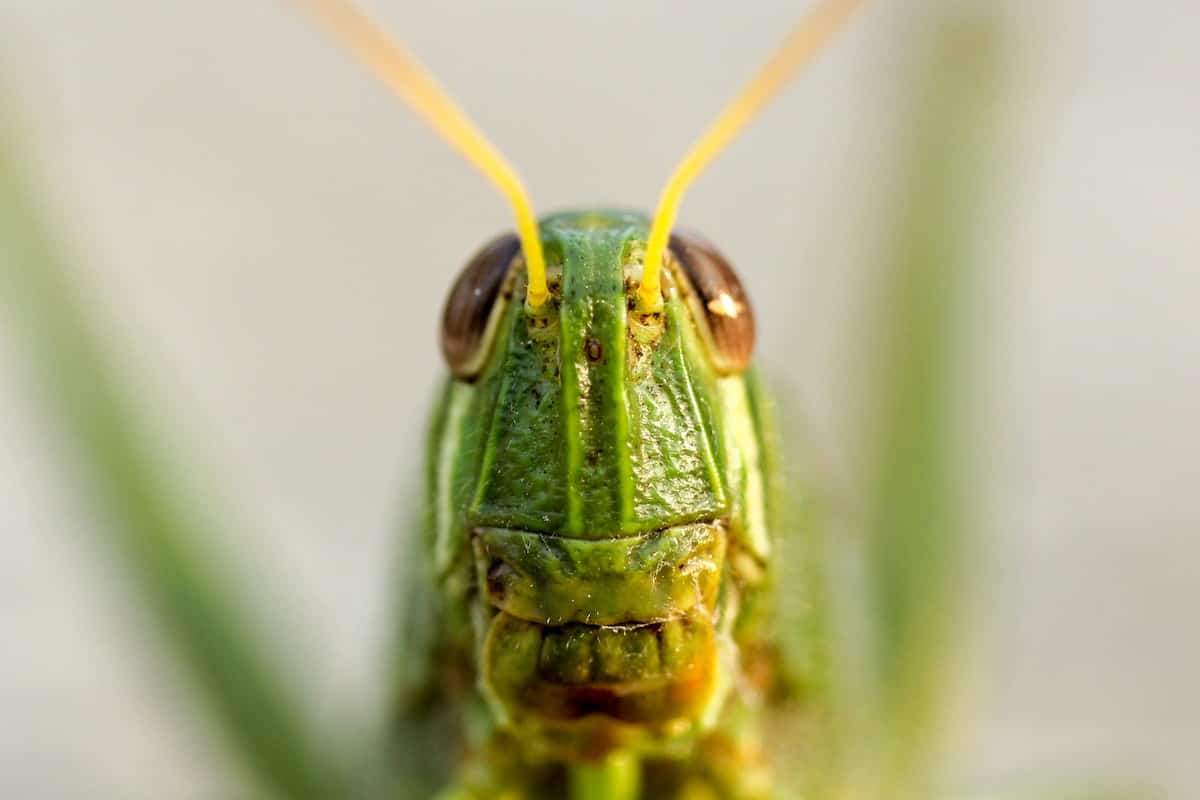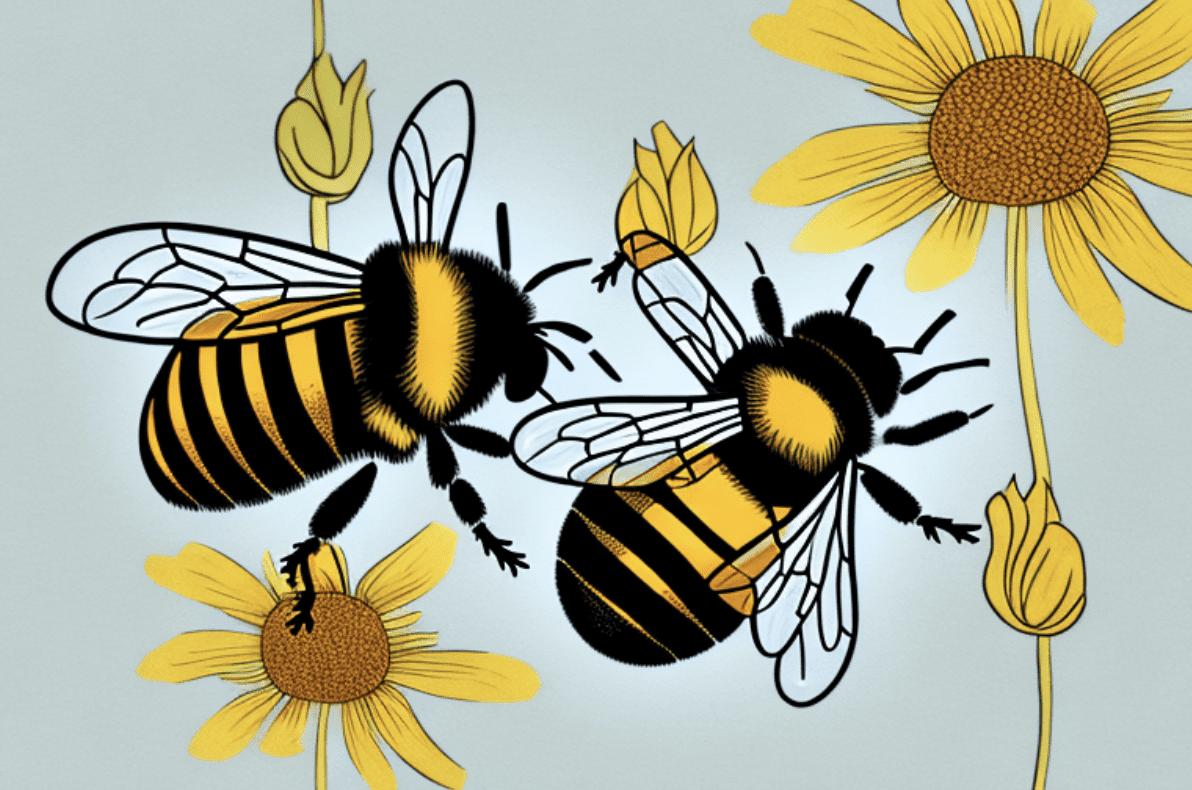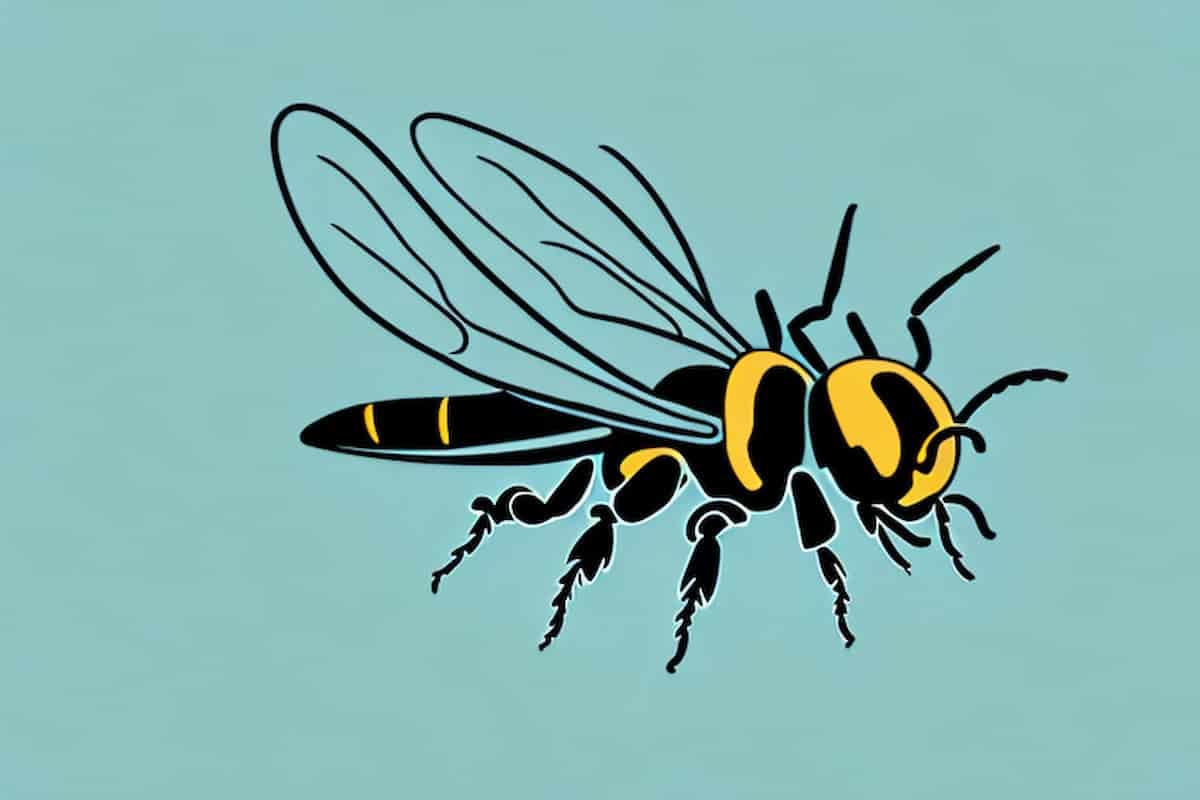Do spiders need to sleep? The question has perplexed scientists for centuries. We know they are a nocturnal species and many species remain active at night. But could spiders, a species with an infamously active lifestyle, really need to rest? Science has uncovered that the answer is an unequivocal yes.
How Do Spiders Sleep?
Spiders usually don’t sleep like other animals do, but instead, they enter into a state known as quiescence. In this state, spiders rest and conserve energy. They become less active and move less often. During quiescence, spiders also generally don’t respond to external stimuli such as noises or movements. Despite being in a resting state, spiders remain alert and aware of their surrounding environment.
Spiders typically enter quiescence for several hours at a time, and may do so multiple times throughout the day. This behavior is thought to be an adaptation to their environment, as it allows them to conserve energy and remain alert for potential predators or prey. Quiescence is also beneficial for spiders that live in colder climates, as it helps them to conserve heat and survive the winter months.
Different Types of Spider Sleep
There are two main types of spider sleep: active and passive. An active type of sleep involves the spider hanging in its web or burrow and remaining alert and active, typically scanning for prey. This type of sleep is often used by ambush predators such as jumping spiders or tarantulas. Passive sleep, on the other hand, is used by web-building spiders who sleep while in their webs. This type of sleep allows them to be prepared for possible prey capture.
In addition to these two main types of sleep, spiders may also enter a state of torpor, which is a type of hibernation. During this state, spiders will become inactive and their metabolic rate will slow down significantly. This type of sleep is typically used by spiders during cold winter months when food is scarce and temperatures are low.
The Potential Benefits of Spider Sleep
The primary benefit of spider sleep is that it allows the spider to conserve energy. By reducing the amount of energy used in the search for food or prey, they can better prepare themselves for their next hunting outing. In addition, by sleeping in their webs or burrows, spiders provide themselves with protection from predators. Furthermore, some species use spider sleep as a way to save energy in order to stay alive during harsh winter conditions.
Spider sleep also helps spiders to regulate their body temperature. By sleeping in their webs or burrows, spiders can keep their body temperature at a comfortable level, which helps them to remain active and alert during their waking hours. Additionally, spider sleep helps spiders to conserve water, as they do not need to drink as much water when they are sleeping. This helps them to survive in dry climates or during periods of drought.
Possible Reasons Behind Spider Sleep Habits
It has been suggested that spiders have evolved this sleeping behavior in order to maximize their resource efficiency. In this way, they can ensure they can use their energy in the most effective way possible and conserve energy during times of starvation or scarcity. Additionally, it has been proposed that certain behaviors such as web-building may occur during or just before spider sleep, which may explain why spiders are able to capture prey during these periods of time.
It is also believed that spiders may use sleep as a way to protect themselves from predators. By sleeping during the day, spiders can avoid being seen by predators and can remain safe. Furthermore, spiders may use sleep as a way to conserve energy and prepare for the next day’s activities. By sleeping, spiders can rest and recharge their energy levels, allowing them to be more active and efficient during the day.
How Long Can Spiders Go Without Sleeping?
It is difficult to determine exactly how long spiders can go without sleeping as this varies from species to species. However, research suggests that most species do not require more than 10 hours of sleep per day. In contrast, some species may require considerably more sleep than others. For example, the wolf spider is thought to require up to 20 hours of sleep a day.
What Are the Effects of Lack of Sleep on Spiders?
It is believed that lack of sleep in spiders can have a number of negative effects. For example, it can decrease their ability to capture prey, impair their ability to navigate efficiently and make them more susceptible to predation. Additionally, lack of sleep can affect a spider’s ability to produce silk and build a web properly.
What Do Scientists Know About Spider Sleep?
In recent years, scientists have begun to investigate spider sleep habits in more detail. Through observational techniques and lab-based studies, they have begun to uncover more information about the sleep behavior of different species. For example, scientists have discovered that some species may enter into a more active state of quiescence in order to conserve energy more effectively.
What Are the Health Benefits of Spider Sleep?
It is believed that adequate amounts of rest can be beneficial for both physical and mental health in spiders. Resting allows spiders to recover from their hunting activities and replenish their energy reserves before venturing out again in search of prey. Additionally, it can give them the opportunity to groom and clean themselves to better maintain their health.
Common Misconceptions About Spider Sleep
Despite being a relatively well-studied behavior, there are still some misconceptions about spider sleeping habits. One such myth is that spiders don’t need to sleep at all. This is untrue; spiders do need to rest and conserve energy. Another common misconception is that spiders hibernate during winter months. Most species do not hibernate and instead use spider sleep as a form of crypsis (camouflage) to stay safe from predators.
In conclusion, despite the mysterious nature of spider behavior, it has been revealed that spiders do indeed sleep, just not in the same way as mammals or other animals. By entering into quiescence or spider sleep, certain species are able to conserve energy and remain alert so they can better cope with their environment and maximize resource efficiency.
